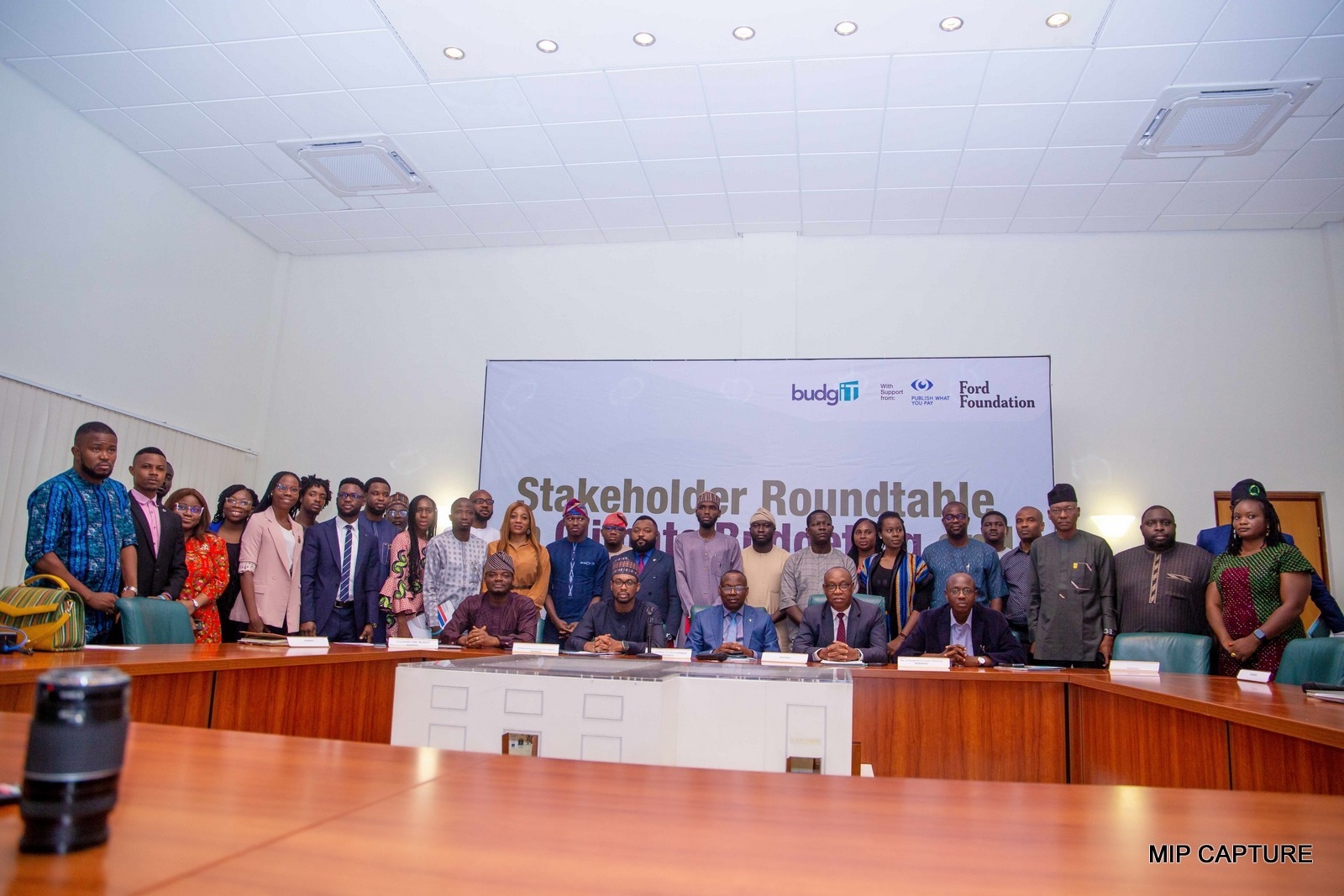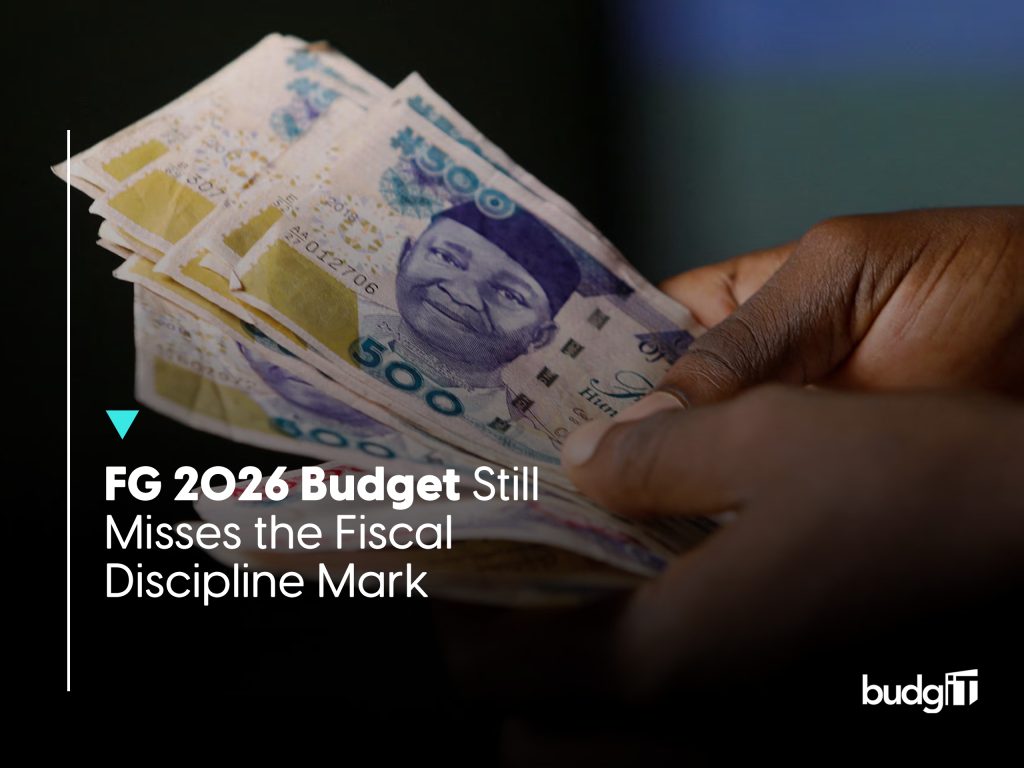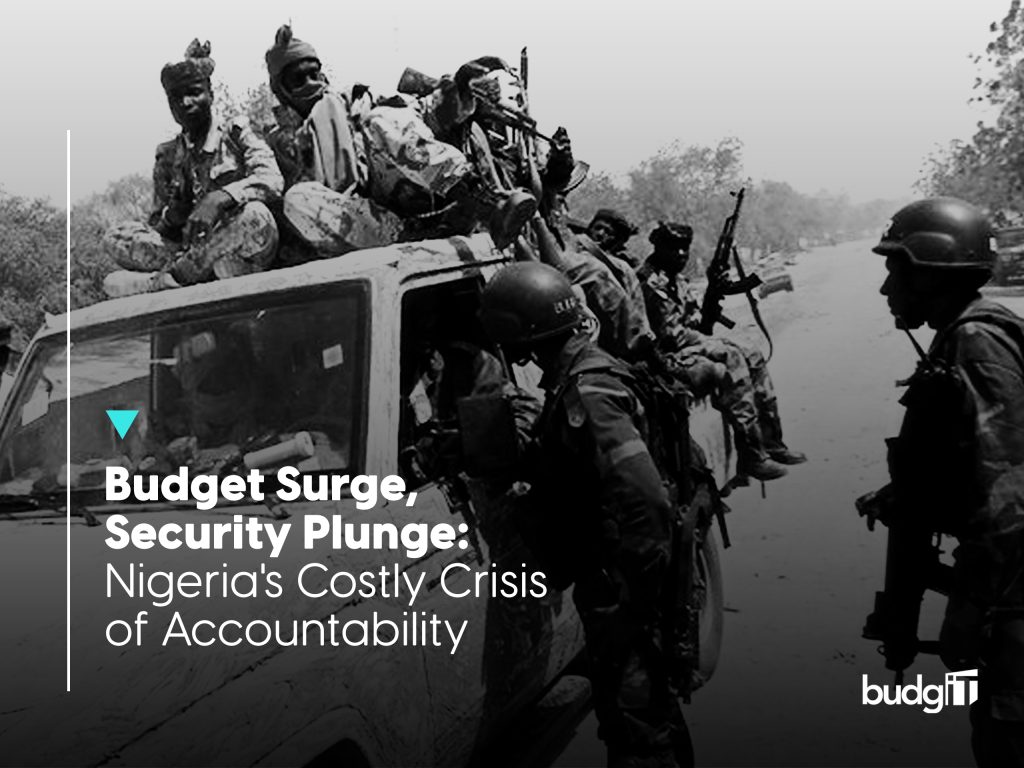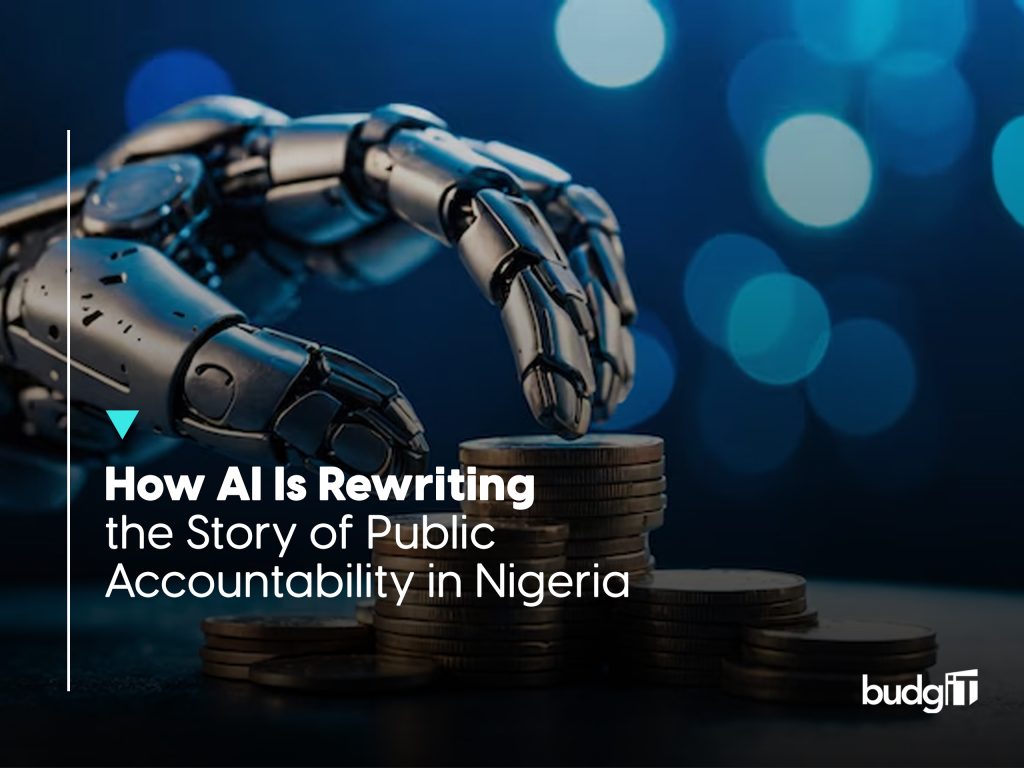Given finance’s critical importance in combating climate change and facilitating the global energy transition, it is crucial to ensure allocated funds are used for their intended purposes and implemented according to the required standards. Swift action is necessary to ensure expenditure efficiency and effectiveness, address potential leakages, and safeguard the future of all Nigerians.
This was the central point of discussions at budgIT’s stakeholder roundtable on climate budgeting and green accountability organised with support from Publish What You Pay and Ford Foundation. The roundtable had in attendance stakeholders from the government agencies and civil society organisations. Key government actors at the roundtable, which was held on June 11, 2024, at the Shehu Musa, Yar’Adua Centre, Abuja, included the Minister of State for Environment, the Minister of Budget and Economic Planning, the Executive Secretary, Nigerian Extractive Industries Transparency Initiative (NEITI) and the Director General, National Rural Electrification Agency.
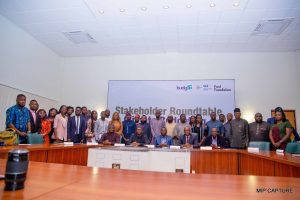
In his keynote address, the Minister of State for Environment, Dr Iziaq Salako, emphasised the integration of climate considerations into budgeting for sustainable development and climate resilience. He noted that this enhances the effectiveness of climate policies and promotes transparency. Nonetheless, climate budgeting and green accountability are yet to enjoy the desired prominence commensurate to the heavy challenge of climate change confronting Nigeria. This manifests in a substantial gap between available resources and the required investments for effective climate action, estimated at USD 20.5 billion per annum by the AfDB. The government’s efforts, like the green bonds program, though successful thus far, are still relatively insignificant. By comparison, the total volume of the 2024 green bond represents only 0.2% of the 2024 federal budget.
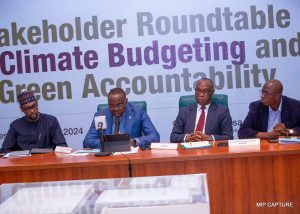
The tone for the roundtable discussions was set by a presentation of BudgIT’s ongoing research on climate budgeting in key MDAs by Enebi Opaluwa, Acting Head of the Natural Resource and Climate Governance department at BudgIT. The goal of the presentation was to share research findings and draw from the knowledge and experience of key state and non-state actors. The research analysed the capital projects in the approved 2024 budget, classifying them into different categories, including adaptation, mitigation, climate education, administrative expenses and mobilisation of climate finance. 82% of the allocation to capital projects in the Ministry of Environment was targeted at climate issues, with adaptation projects attracting more than half (56%) of the climate budget. In the Ministry of Power, the climate budget represented 14.5% of the allocation to capital projects, with mitigation projects accounting for 92.3% of the total climate budget.
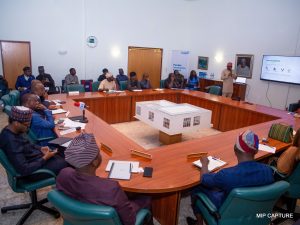
The voracious appetite for solar streetlights and borehole projects by MDAs was also analysed. At least 1,575 solar street light projects worth N200 billion and 710 solar borehole projects worth N123 billion were identified in the 2024 federal budget. While these projects, in and of themselves, are crucial to meeting the basic needs of some communities, especially those without access to clean drinking water, of concern is that many of them were domiciled in agencies that, based on their mandate and core functions, had no expertise in executing such projects. In addition, based on a survey conducted as part of the research, communities reported no consultations before the implementation of projects. The non-inclusive approach to development projects eventually results in layered challenges such as poor maintenance, neglect and ultimately unsustainability of projects even in cases where these projects eventually meet the needs of the communities they serve.
Discussions further highlighted the need to coordinate climate projects and interventions across MDAs to strengthen monitoring, evaluation and reporting. Dr Umar Abdullahi Umar, Executive Director of Technical Services and representative of the MD/CEO of the National Rural Electrification Agency (NREA), Abba Abubakar Aliyu, disclosed that a data monitoring system on all renewable energy projects deployed in the country being developed by the agency would be useful in this regard. It will also help to track progress towards achieving NDC targets. At present, Nigeria’s deployed renewable energy capacity stands at 2,500MW. On his part, Dr Sanjo Faniran, Director of Social Department and representative of the Minister of Budget and Economic Planning, His Excellency Atiku Bagudu, announced plans for green budgeting discourse to enhance planning and coordination of climate-related projects through the budgeting process. He also noted that the National Development Plan, currently under review, will address funding for climate action and be integrated into Agenda 2050.
The Executive Secretary of the Nigeria Extractives Industries Transparency Initiative (NEITI), Dr Orji Ogbonaya Orji, remarked that “developing nations like Nigeria at the last CoP 28 (Climate Summit) in Dubai have called for justice, fairness, and equity in energy financing, access to energy transition funding to allow for equity in accessing the opportunities, mitigating the risks, and appropriating the benefits of energy transition between poor and rich nations.” This stresses the need for efficient and effective allocation of climate funding. Further to this, NEITI, with support from Ford Foundation, will “launch a full-scale research study on the possible impact of energy transition on Nigeria’s economy and the economy of oil-dependent nations.”
Additional research will assess the implications of energy transition for current and future demand for Nigeria’s oil and gas production, the trend of investments in the country’s oil and gas industry, and revenue flows from the sector to the federation since the Paris Climate Agreement. It will also review Nigeria’s Energy Transition Plan (ETP) and relevant policies to assess their adequacy to mitigate the impact of ET on the economy.
The roundtable served as a platform for the productive exchange of knowledge, information, ideas and recommendations. For example, it was stressed that while solar projects such as solar streetlights and boreholes are easier and cheaper to implement, especially as constituency projects leading to their rampant occurrence in the budget across multiple MDAs, adequate sensitisation of legislators on alternative interventions could result in options likely better suited to community needs while contributing to fighting climate change. What’s more, proper costing of solar projects, which seems comparatively higher in Nigeria, can aid in ensuring funds are allocated more efficiently and prudently. Also, standards and quality assurance of renewable energy products need to be enforced to ensure that public investments in mitigation and adaptation action are long-lasting.
In addition, community consultations cannot be overlooked when selecting climate projects. This would strengthen community ownership and sustainability of projects post-commissioning. More so, local government councils should be engaged in the implementation and maintenance of community projects to ensure they serve communities for the longer term.
Insights from the roundtable will be incorporated into BudgIT’s research on climate budgeting and disseminated to all stakeholders.
